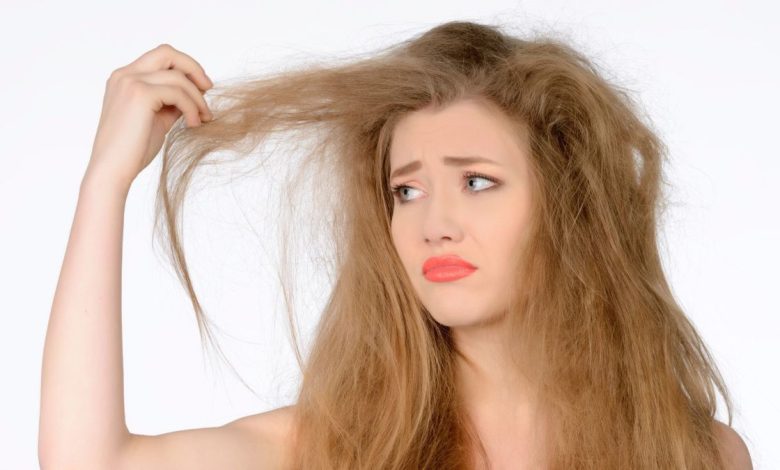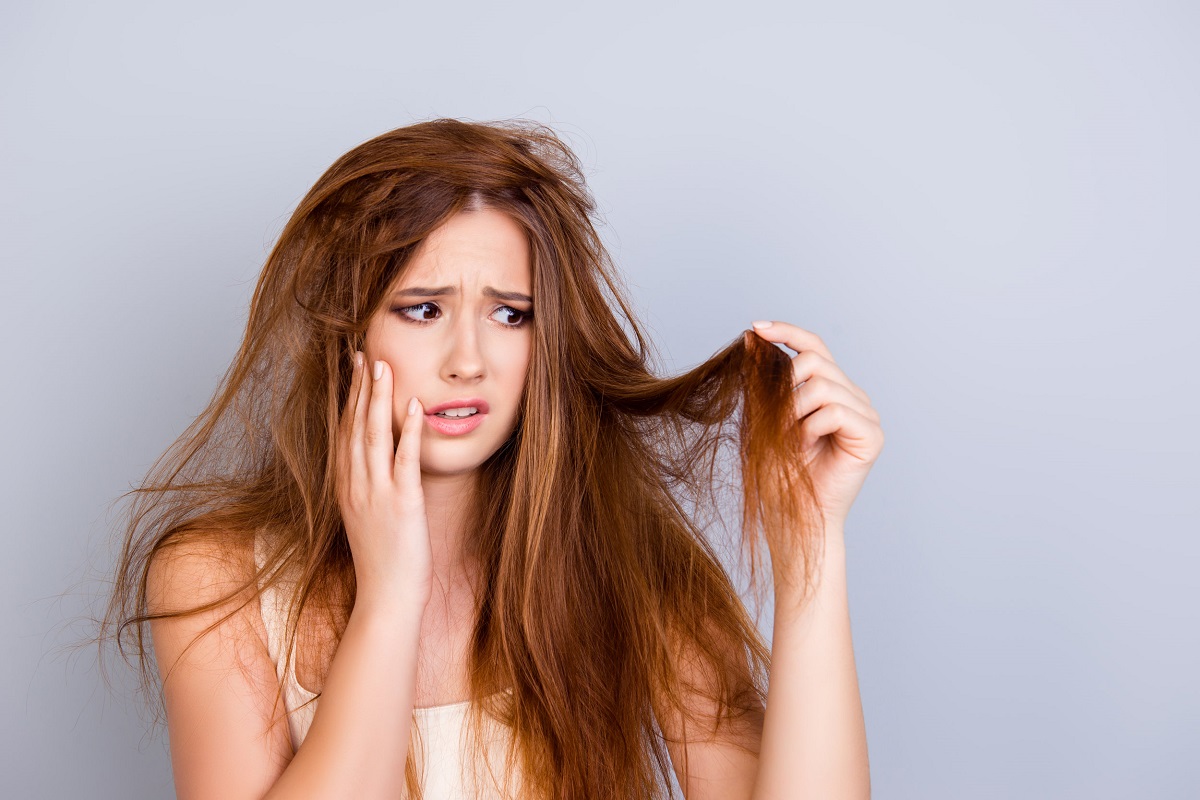Hair Damage: Eight Simple Solutions To Prevent Hair Damage

Hair Damage: Although most people are aware of the damage of excessive heat to hair, here we suggest you some simple daily habits can cause hair damage.
What exactly causes hair damage is not exactly known, especially when some simple daily habits may be the cause of the damage.
The New York Post, citing hair and beauty experts, has looked at some of the habits that cause hair damage, and in addition to explaining them, it has pointed out some tips to improve the situation, which we read below.
Hair Damage
Gather The Hair Behind Your Head
Hair Damage, Hair care expert Eva Proudman told The Sun that hair can be damaged even while you sleep.
“Tossing and turning and moving the hair at night creates friction and heat between the hair and the pillow, which can damage the hair and lead to breakage,” she explained.
Hair Damage, Although most people know that excessive heat from heat tools can damage hair, few people think about the heat generated while sleeping.
Proudman says the way to keep hair safe from this friction is to tie it back. If done right, she says, hair friction will be minimized throughout the night.
Sleep With Dry Hair
Hair Damage, Since hair is at its most fragile when it is wet, sleeping with wet hair can cause a lot of damage.
In an interview with the New York Post, master stylist and hair educator Brannon Robinson compared wet hair to cooked spaghetti, which stretches and breaks easily due to its inflexibility. He also mentioned the friction and heat caused by the movement of hair in sleep, which is intensified in wet hair.
Hair Damage, She suggests washing your hair a few hours before going to bed to give it time to dry. Otherwise, she suggests using a hair dryer to dry the hair.
Hair Drying Method Is Important

Hair Damage, The American Dermatology Association warned against drying hair with a towel and rubbing them and said instead to wrap your hair in a towel, preferably cotton, to absorb moisture, then let it air dry naturally.
Use A Silk Or Satin Pillowcase
For those with frequent hair breakage, sleeping on satin or silk pillowcases can have many benefits.
According to experts, using these pillowcases prevents tangling, friction and frizz. These pillowcases also do not absorb the hair’s natural oils and thus the scalp does not dry out.
Tie Your Hair Up With A Silk Scarf
If you don’t have a silk or satin pillowcase, you can wrap your hair with a silk or satin scarf, which has the same effect as a satin pillowcase.
According to Proudman, this reduces friction, preserves the hair’s natural moisture, and reduces the risk of frizz.
For this reason, it is recommended to choose a satin or silk hair tie or tie your hair very loosely while sleeping.
Try A Loose Hairstyle
“Rather than pulling your hair back tightly or in a ponytail, dermatologists recommend pulling it back very loosely,” says the American Dermatology Association.
Gently Massage The Shampoo And Conditioner On The Hair
According to the American Dermatology Association, rubbing shampoo on the hair shaft is harmful. The association recommends gently massaging the shampoo into the scalp and letting it flow slowly through the hair instead of rubbing it all over the hair, then washing it off your scalp.
Dermatologists also emphasized the importance of using conditioner after every shampoo.
Use Conditioners Or Hair Oil
If you have knotty, dry and frizzy hair, help them with conditioners that don’t require rinsing or hair oil.
For this purpose, prepare products containing nourishing oils of hyaluronic acid, coconut oil and castor oil.
For thin hair, conditioners containing argan or grape seed oil are suitable to keep the moisture of the hair during the night and restore its condition.
Also Read:
Does Plucking White Hair Make Them Grow More? According To Dermatologist
Sulfate-free Shampoo: Is Sulfate-free Shampoo Really Good For Hair?




